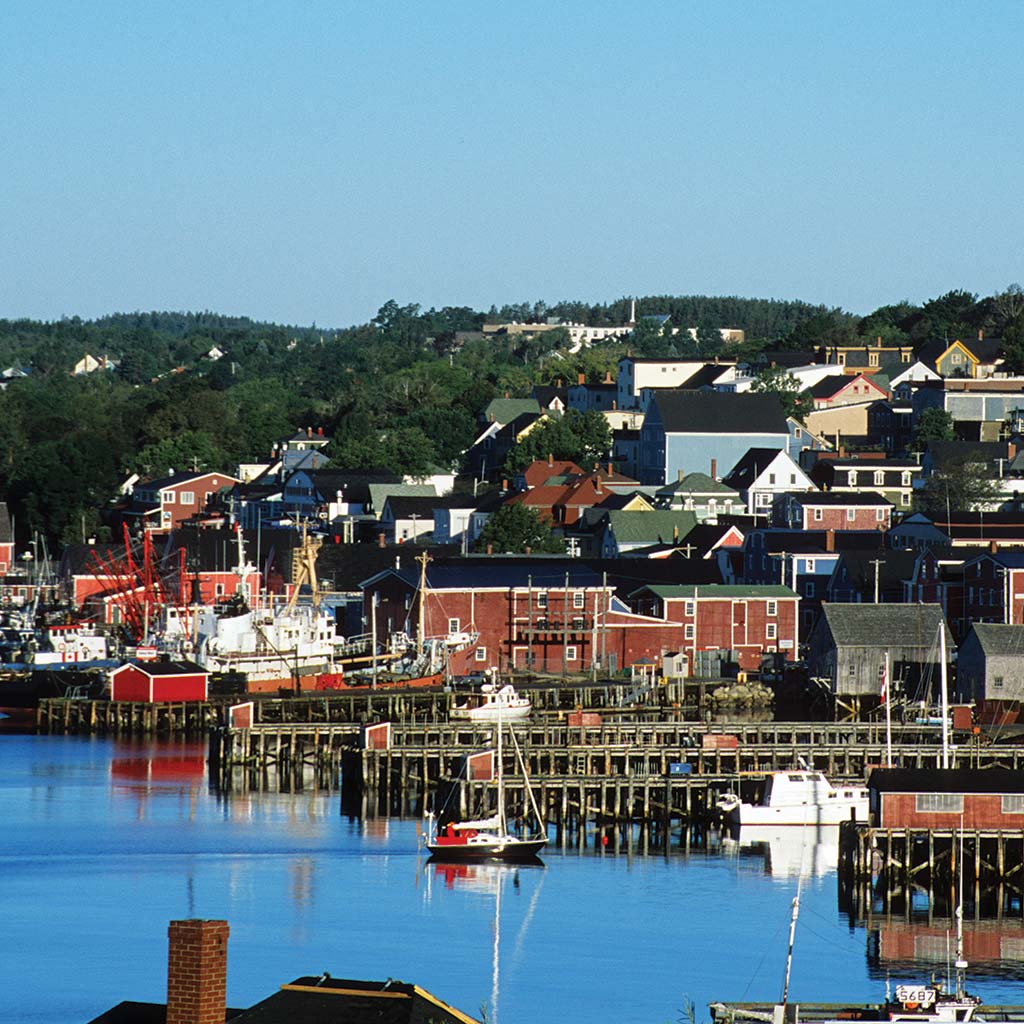The Top Environmental Issue in Atlantic Canada

The northeastern Atlantic fisheries have been the economic engine driving exploration and development of these coasts for centuries. In days past, codfish were said to carpet the sea floor of the shallow Grand Banks, and those who caught them—first with lines from small dories, then with nets, and finally from great trawlers that scour the sea—have hauled in untold millions of tons of not only cod but also flounder, salmon, pollack, haddock, anchovies, and dozens of other species.
So abundant were the cod fisheries of the Grand Banks, the shallow undersea plateaus south and east of Newfoundland, that John Cabot claimed a man had only to lower a basket into the sea to haul it up full. His report exaggerated the truth only slightly. Although the specifics have not been documented, European fishermen are believed to have preceded Cabot by decades.
Legends in Newfoundland describe the Basques as whale hunters in the Strait of Belle Isle as early as the 1470s. France’s fishing exploits are better known. In the early 1500s, French fleets roamed the seas from the Grand Banks—where they caught cod and dried them on Newfoundland’s beaches—to inland rivers such as the salmon-rich Miramichi in what is now New Brunswick. England’s fishing fleets were equally active, leading one diplomat to describe Newfoundland as “a great ship moored near the Grand Banks for the convenience of English fishermen.”
Today the fish are in serious trouble and so too, inexorably, are the people and communities whose lives have revolved around them.
Today, the state of local fisheries—most notably the collapse of cod stocks—is the most important environmental issue facing Atlantic Canada. The beginning of the end was the arrival of “factory ships” in the 1960s, which could harvest up to 200 tons of cod per hour. By the late 1980s, the cod stock had been mostly obliterated, and by the early 1990s, a moratorium was put in place until the fisheries had recovered. Unfortunately, what was not fully understood at that time was that overfishing was only a part of the problem. Cod are a groundfish, and the factory ships had been bottom trawling—scooping up the cod in nets with an opening up to one kilometer wide that dragged along the sea floor and decimated the very ecosystem that was a breeding ground for the fish. It is widely thought that the cod stock will never fully recover, especially in the waters around the island of Newfoundland.
For more information on the state of Atlantic Canada’s fisheries:
Canadian Parks and Wilderness Society – A national nonprofit organization that is instrumental in highlighting conservation issues throughout Canada.
Starving Ocean – Filled with Canadian content, this private website contains articles related to seals, humpback whales, and the decline in cod stocks.